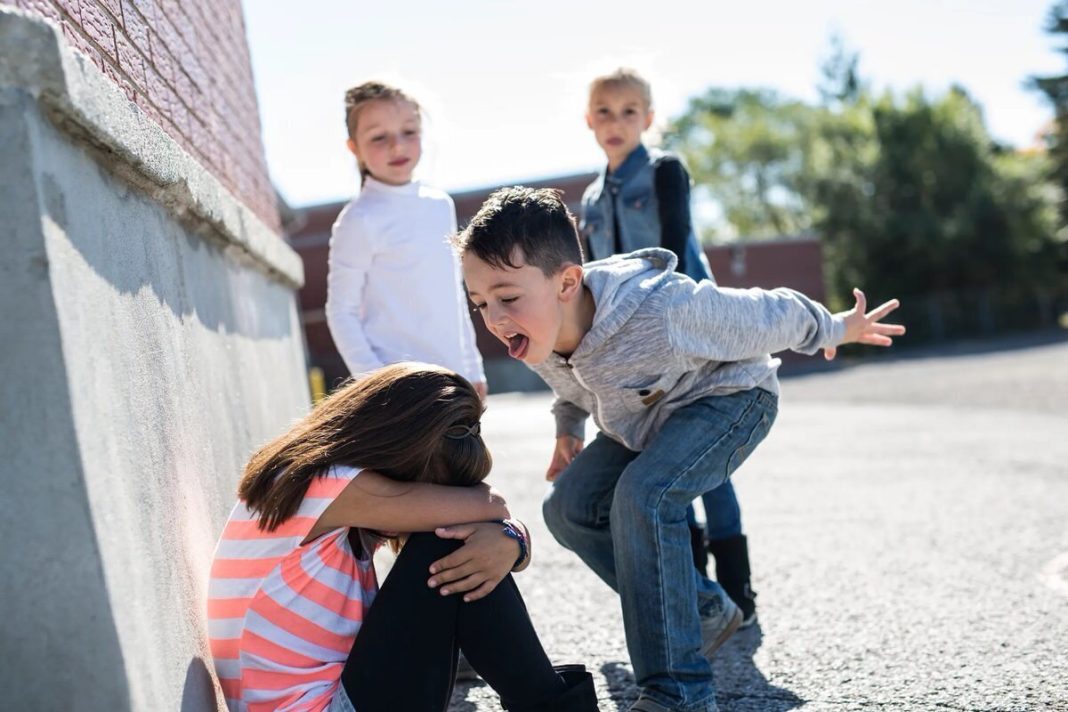By Milcah Tanimu
Bullying can occur in various settings: at school, on the playground, or even online. As a parent, it can be distressing to think about the possibility that your child might be experiencing bullying. Many children who are bullied may hesitate to speak up, feeling scared, ashamed, or confused. They might even try to manage the situation alone to avoid burdening their parents. Therefore, it’s crucial for parents to be vigilant and aware of potential signs indicating that their child is being bullied.
Bullying can significantly impact a child’s emotional and physical well-being, leading to lowered confidence, feelings of loneliness, and a reluctance to engage in school or activities they once enjoyed.
Signs Your Child May Be Being Bullied
1. Changes in Behavior
Sudden changes in your child’s behavior can be a significant indicator of bullying. If your child, once happy and energetic, becomes sad, anxious, or withdrawn, this may signal distress. Increased irritability or loss of interest in previously enjoyed activities could also suggest they are coping with bullying stress.
2. Physical Injuries
Unexplained cuts, bruises, or scrapes may indicate physical bullying. If your child appears nervous or reluctant to discuss how they got hurt, this could be a sign that something is amiss. While not all bullying leaves visible marks, any injuries warrant a gentle inquiry.
3. Avoiding School or Social Situations
Children experiencing bullying may attempt to dodge school or social activities where the bullying occurs. Look for signs like excuses to skip school, complaints of illness, or visible fear when it’s time to leave home. If your child seems suddenly disinterested in school or social events, it’s essential to ask why.
4. Changes in Eating or Sleeping Habits
The stress associated with bullying can disrupt a child’s eating and sleeping patterns. Significant changes, such as eating much less or more than usual or difficulties sleeping, may indicate anxiety or fear linked to bullying. Some children might experience nightmares or frequently wake during the night.
5. Loss of Friends or Social Isolation
Bullying often leads to social isolation. Your child might lose friends or become more withdrawn. If they appear to be spending more time alone and have fewer friends, it could signify social bullying, which often involves exclusion or rumors.
Supporting Your Child
Bullying is a distressing experience for any child, but with your love and support, they can regain their sense of safety and security. If necessary, consider seeking assistance from teachers, school counselors, or professionals to ensure your child receives the help they need.





